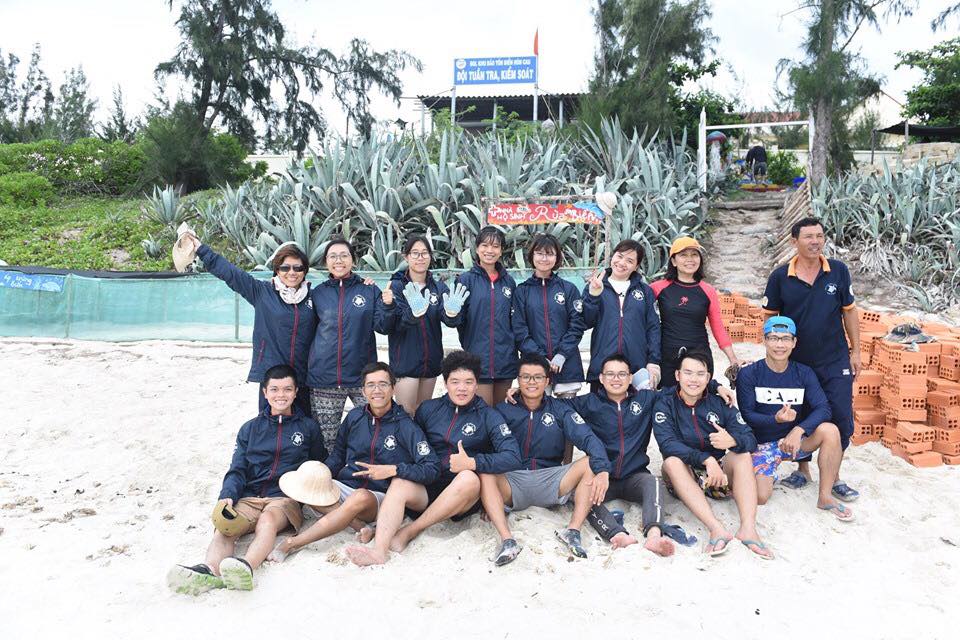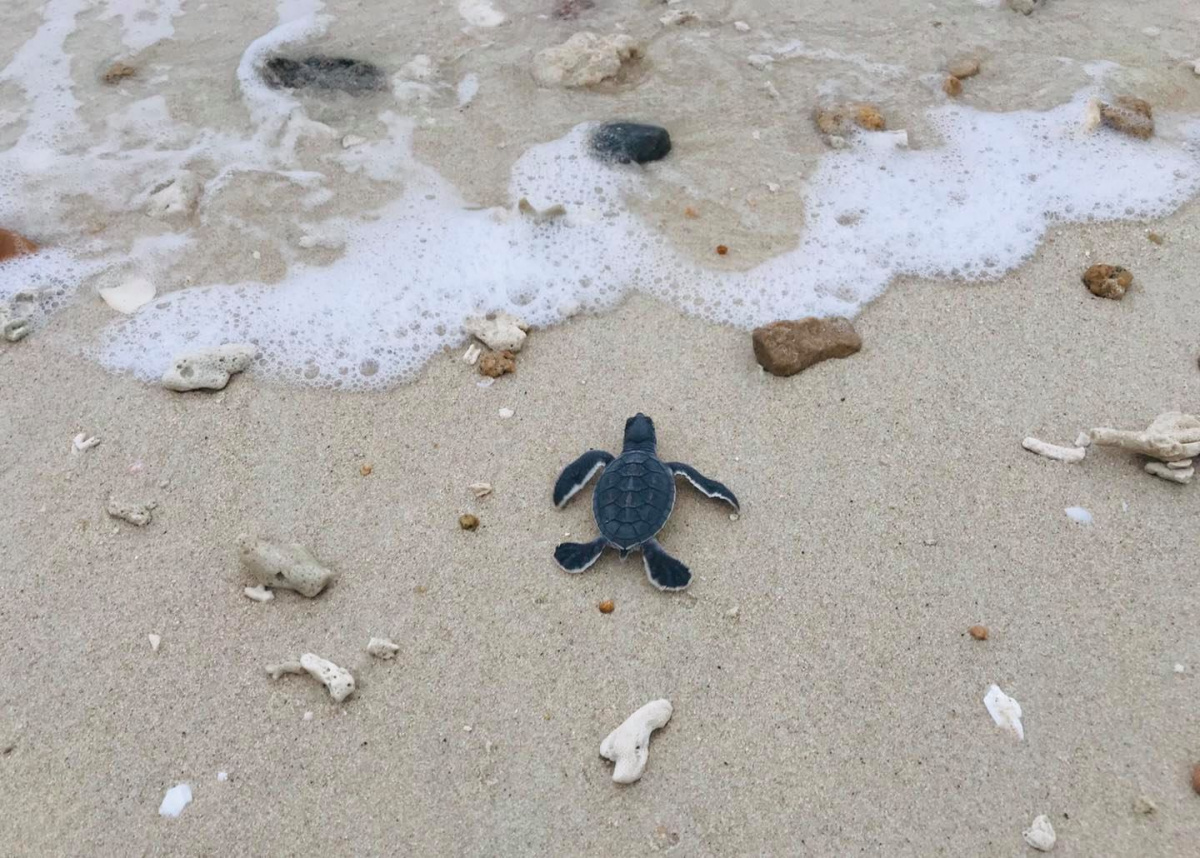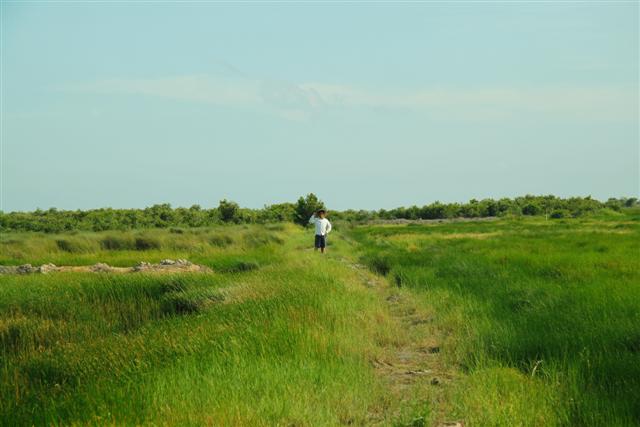Introducing the Vietnamese translation of the IPBES Global Assessment for Policy-makers
On April 27, 2021 in cooperation with MONRE’s Biodiversity Conservation Agency (BCA), IUCN organized a half-day workshop in Hanoi to present the Vietnamese translation of the IPBES Global Assessment for Policy-makers. The translation and workshop were funded by the Norwegian Environment Agency (NEA). The translated version has the logos of IUCN, BCA, and NEA, as well as IPBES. The IPBES Global Assessment for Policy-makers has been translated into Thai and Bengali as part of the same NEA grant.
Established in 2012, the Intergovernmental Science-Policy Platform on Biodiversity and Ecosystem Services (IPBES) is the intergovernmental body which assesses the state of biodiversity and of the ecosystem services it provides to society in response to requests from decision makers (https://www.ipbes.net/).
In 2019, IPBES published the Global Assessment on Biodiversity and Ecosystem Services and a 60-page version for policy-makers. The short version contains 26 key messages and policy recommendations grouped under four headings: A. Nature and its vital contributions to people; B. Direct and indirect drivers of change; C. Goals for conserving and sustainably using nature and achieving sustainability; and D. Nature can be conserved, restored and used sustainably.
For Asia, the overriding message of the IPBES Global Assessment is that the region’s rich biodiversity and ecosystems services provide vital support for human well-being and long-term development and that the costs of biodiversity loss are increasingly sharply. This is particularly true in Vietnam where rapid economic growth has been based in large part on the effectively unregulated use of natural resources and high levels of soil, water, and air pollution.
BCA Director General Ms. Hoang Thi Thanh Nhan, who wrote the foreword to the Vietnamese version of the IPBES Global Assessment for Policy-makers, presented the Global Assessment as the “start of the art” analysis of the extent to which biodiversity underpins our lives, livelihoods, health, wealth, and happiness and the arguments it makes for much greater national and international support for biodiversity conservation.
Vice-Minister of Public Security Nguyen Van Thanh gave a wide-ranging presentation on environmental conditions and trends in Vietnam. He concluded that while the legal framework for biodiversity conservation and environmental protection was strong, implementation, particularly in the context of “red hot” economic growth, was very weak.
In her presentation, BCA’s Tran Huyen Trang emphasized a key finding from the IPBES Global Assessment, which is that substituting for man-made solutions for natural or nature-based solutions is very expensive, citing the cases of dikes vs. mangroves, chemicals vs. sediment, and drains v. wetlands.
BCA’s Ta Kieu Anh reported on progress in implementing the 2015 NBSAP, particularly the addition of four wetlands, two MPAs, and three SUFs to Vietnam’s protected area network, which now covers 2.5 million hectares, and the success of the PFES program that in 2020 generated $90 million in payments to forest owners.
IUCN’s Jake Brunner gave a presentation on the political economy of the environment in Vietnam using solid waste management as a case study. He concluded that it won’t be possible to make fundamental improvements until state-owned URENCO is transformed from a waste transport company that is paid by the volume of waste that it delivers to landfills, to a company that is paid by the volume of waste that it recycles. Until that happens, opportunities to develop waste-based circular economy are unlikely to expand beyond pilot projects.
Jake presented a time line of environmental management since the 1990s and argued that as environmental conditions deteriorate, the scope for easy and low cost improvements has shrunk and increasingly resolving environmental problems requires politically painful tradeoffs between different interest groups. Under these conditions, the CPV is likely to play a more prominent role in resolving institutional conflicts. Resolution 120 in 2017 on the Mekong Delta and Resolution 55 in 2020 on energy planning, for example, marked significant shifts in policy direction that were beyond the capacity of any ministry to deliver.
IUCN’s Andrew Wyatt presented on how IUCN worked with the CPV, Vietnamese scientists, and the World Bank, embassies, and other development partners to convince the government to transition out of the third rice crop, which is the root cause of the Mekong Delta’s environmental problems, and into flood friendly crops and livelihoods. This process culminated in Resolution 120, which provides the legal basis for this transition, a $310 million World Bank loan to assist provinces adapt water and land use to climate change, and the establishment of a Regional Coordination Mechanism to ensure that the delta is managed as a hydrological unit rather than as 13 separate provinces.
 Photo: Dr. Andrew Wyatt presented about rice transformation landscape at the workshop © IUCN Viet Nam
Photo: Dr. Andrew Wyatt presented about rice transformation landscape at the workshop © IUCN Viet Nam
These three case studies show that while technically and financially feasible solutions to Vietnam’s growing environmental problems exist, they are often blocked by vested interests. To make progress, we need to understand the political economy that’s driving decision-making. A convincing cost-benefit analysis isn’t enough; we have to think and act politically if we’re to have a policy impact. Often, these political barriers are well understood but because they’re so intractable or politically sensitive they are effectively ignored. This is where IUCN, as an international organization with state and non-state members, has a role to play in politely but persistently talking about the political barriers to change and the benefits of reform.
IUCN and WWF are assisting BCA prepared a new NBSAP for 2021-2025. This will draw heavily on both the IPBES Global Assessment and the need to frame biodiversity conservation and environmental protection in terms that resonate politically not just scientifically or economically.







